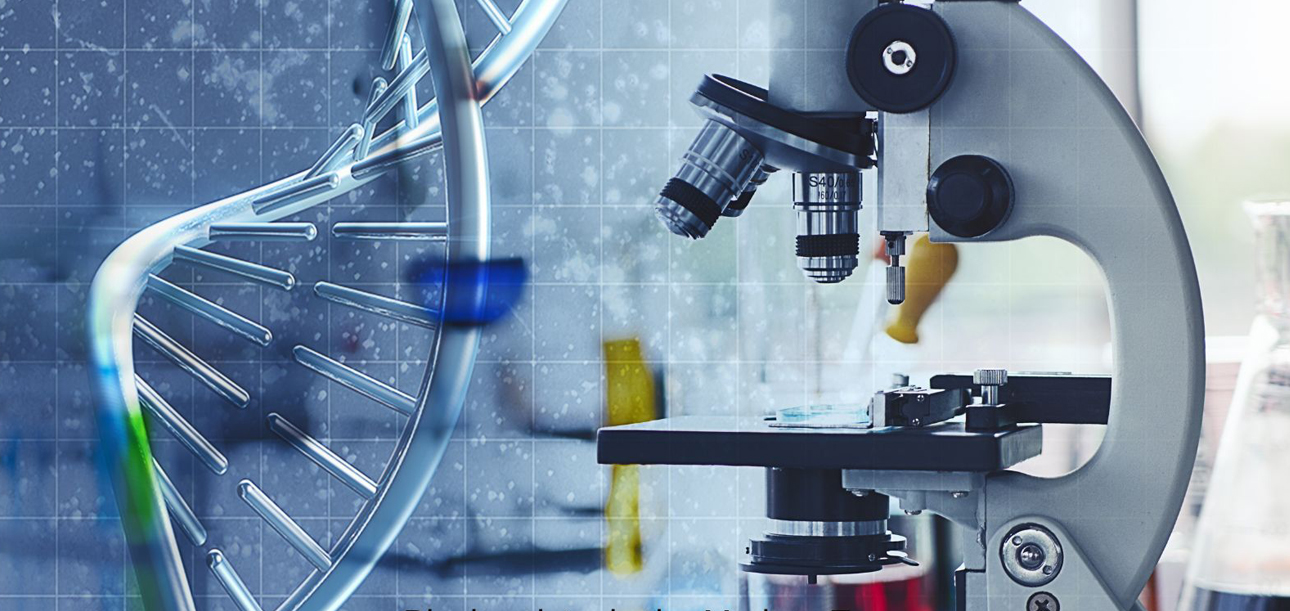Loading

The Department of Biochemistry focuses on the study of the chemical processes and substances that occur within living organisms. It bridges biology and chemistry to understand how molecular mechanisms control cellular activities, metabolism, and the physiological functions of organisms. Biochemistry plays a crucial role in medicine, genetics, molecular biology, and biotechnology.
Biochemistry is the branch of science that explores the chemical processes within and related to living organisms. It is a laboratory-based science that brings together biology and chemistry, focusing on the molecular mechanisms that govern life processes. Biochemists study the structure, function, and interactions of biological molecules such as proteins, nucleic acids, lipids, and carbohydrates, to understand how cells and organisms function.Biochemistry is fundamental in understanding the molecular basis of diseases and in developing therapies. Some key areas include.
Cancer Research: Studying how mutations in DNA can lead to uncontrolled cell growth, and how targeted therapies can disrupt cancer pathways.Genetic Disorders: Understanding inherited diseases at the molecular level, often caused by defective proteins or enzymes.Drug Development: Designing drugs that interact with specific biochemical pathways to treat diseases like diabetes, hypertension, and infections.Clinical Biochemistry: Involves analyzing blood and other body fluids to diagnose diseases by detecting abnormal levels of biomolecules, such as glucose in diabetes or cholesterol in heart disease.